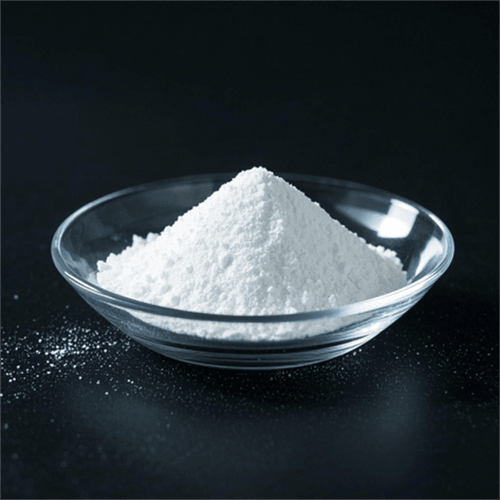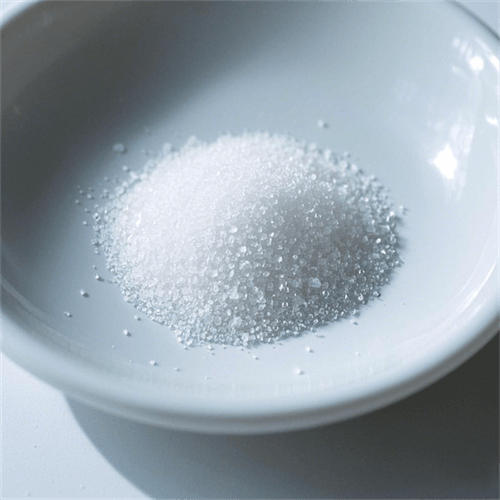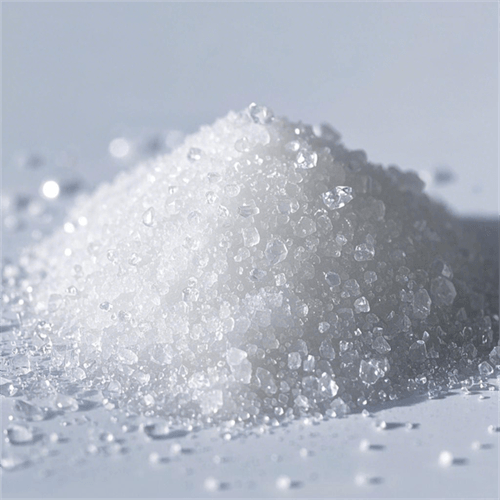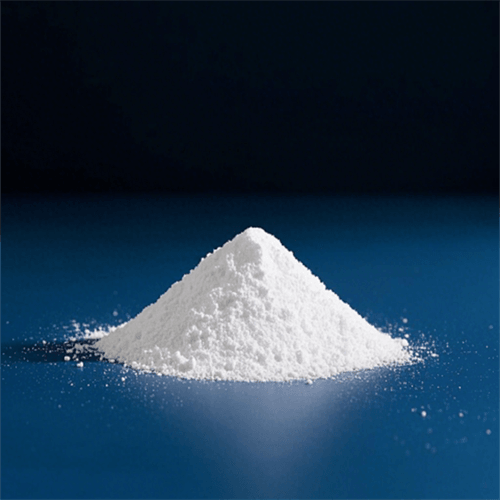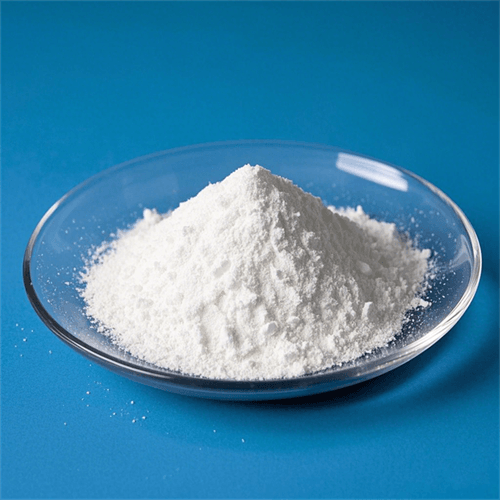
Sebacic acid
Molecular Formula: C10H18O4
Chemical Structure: HOOC(CH2)8COOH
Properties: Sebacic acid is directly produced from castor oil, with a content of over 99.5%. At room temperature, it appears as white flake - like crystals or powder, and is combustible. It is slightly soluble in water, hardly soluble in benzene, petroleum ether, etc., and easily soluble in organic solvents such as ethanol and ether.
CAS Number: 111 - 20 - 6
Melting Point: 131 - 134.5℃
Boiling Point: 294.5℃
Application Scope
(I) Plastics Industry
(1) Production of polyamides: Sebacic acid can undergo polycondensation with hexamethylenediamine to produce polyamide 610. It has excellent mechanical properties, wear resistance, oil resistance, water resistance, etc., and is widely used in the manufacture of mechanical parts, automotive components, electrical insulation materials, etc. Sebacic acid can also polymerize with decamethylenediamine to form polyamide 1010, which is an engineering plastic with excellent performance. It is commonly used in the production of various mechanical parts and linings for chemical equipment.

(2) Plasticizers: Sebacic acid esters, which are produced by the reaction of sebacic acid with alcohols, are excellent plasticizers. They can be used in the processing of plastics such as polyvinyl chloride (PVC) and polystyrene (PS), and can improve the flexibility, cold resistance and processing performance of plastics.

(II) Rubber Industry
(1) Softeners: Sebacic acid and its esters can serve as softeners and plasticizers for rubber. They can improve the processing performance of rubber, reduce the hardness and viscosity of rubber, enhance the flexibility and plasticity of rubber, and make it easier to carry out processing operations such as mixing, molding and vulcanization on rubber.
(2) Vulcanization activator: During the rubber vulcanization process, sebacic acid can act as a vulcanization activator, promoting the reaction between rubber and the vulcanizing agent. It can increase the vulcanization speed and improve the properties of the vulcanized rubber, such as enhancing the tensile strength, wear resistance and anti - aging properties of the rubber.

(III) Coatings Industry
(1) Alkyd resins: Sebacic acid can be used in the production of alkyd resin coatings. It can improve the drying performance, water resistance and weather resistance of the coatings, endowing the coatings with good gloss and adhesion. These coatings are widely used in the painting of buildings, furniture, automobiles and other fields.
(2) Polyester resin: The polyester resin produced by reacting with polyols can be used to manufacture powder coatings, coil coatings, etc. It has good corrosion resistance, decorative properties, and mechanical properties.

(IV) Applications in Cutting Fluids and Corrosion Inhibitors
(1) In cutting fluids, it additionally plays a role in rust prevention and corrosion protection. It can effectively reduce friction during the cutting process, decrease tool wear, and improve cutting efficiency.
(2) It is widely used in the production of salt derivatives, which serve as corrosion inhibitors. The main application of this kind of salt is in engine coolants. It can be directly added, is multi - functional, has good buffering performance and can be diluted. It is used in high - end coolants for both household and commercial vehicles as well as in 4S stores.
(3) Sebacic acid is also a raw material for producing sebacic acid diesters (such as DOS and DBS), which are used in compound fats or lubricants. These products have a freezing point as low as -60 °C and are used in passenger planes, military planes and in high - latitude regions.

(V) Other Fields
(1) Perfumes: Sebacic acid can serve as an intermediate for synthesizing perfumes. It is used to produce various fragrances such as ionone and jasmone. These perfumes are widely applied in industries like perfume, cosmetics, and food, adding unique scents to products.

(2) Pharmaceuticals: In the pharmaceutical field, sebacic acid can be used to synthesize some pharmaceutical intermediates. It can also serve as a raw material for drug - sustained release materials, which are used to control the release rate of drugs and improve the efficacy of drugs.

(3) Surfactants: Amide compounds formed by the reaction of sebacic acid with amines can be used as surfactants in products such as detergents, emulsifiers, and lubricants. They have excellent emulsifying, dispersing, and solubilizing properties.




